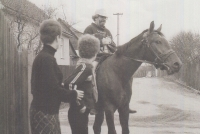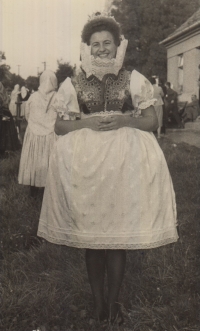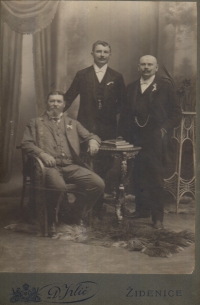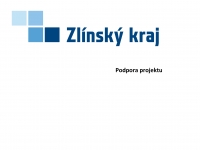It is possible to preserve one’s freedom despite the circumstances
Download image
Miriam Prokopová was born on the 11th September in 1963 to a liberal family of Karel and Jana Florian from Stará Říše. Her original name was Marie, she changed it to Miriam later on. Her grandfather was Josef Florian, a notable publisher who started the Dobré dílo [Good Work] publishing house. The family cultivated interest in art, philosophy and Christian faith and many notable personalities were among their acquaintaces. In 1976, underground poet and dissident Ivan Martin Jirous joined the family through his marriage to Miriam’s cousin, Juliana Stritzková. Miriam Prokopová was involved in art, she passed entrance exams to the Academy of Art, Architecture and Design but due to her non-comformist family, she was not allowed to enrol there. When she was in the final year of secondary school, she refused to sign an application to the Union of Socialist Youth which meant that she would never be allowed to study at the university level. She thus enrolled a language school where she got two state exams, in German and in Spanish. As there were only a handful of Spanish-speaking people in the 1980’s, she got a job at the human resources department of the Zetor tractor factory in Brno where she was in charge of the Cuban and Angolan work group. There she met the Cuban Rolando Acosta. In Januay 1990, they helped him to cross the borders ilegally so that Acosta and his family would not need to return to the Communist Cuba. The wires should be removed by then but they were not and they had to cut through them. They were arrested but after an interrogation at the police station, they were let go. Miriam and Jiří got married in the same year and moved to Israel for six years to get to know their cultural and spiritual roots. After their return to the Czech Republic, they settled in Prakšice in the vicinity of Uherský Brod. In 2020, Miriam taught Spanish there.







